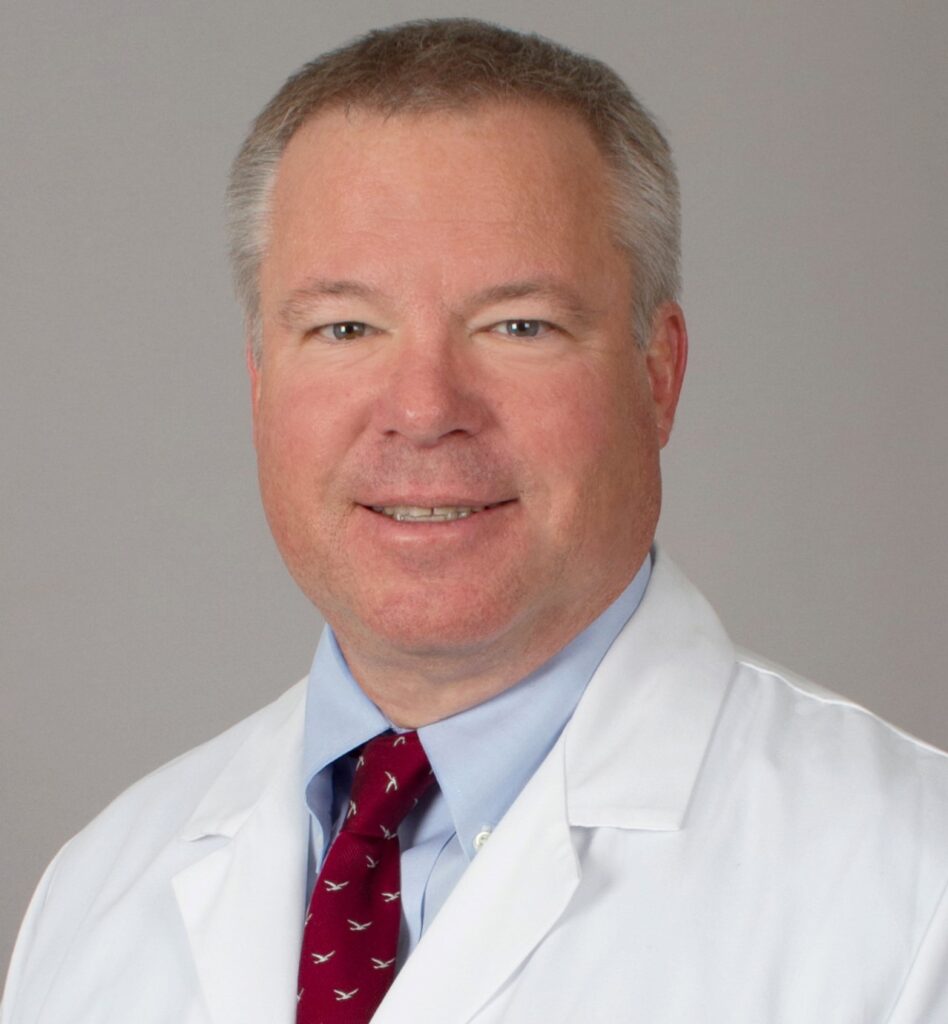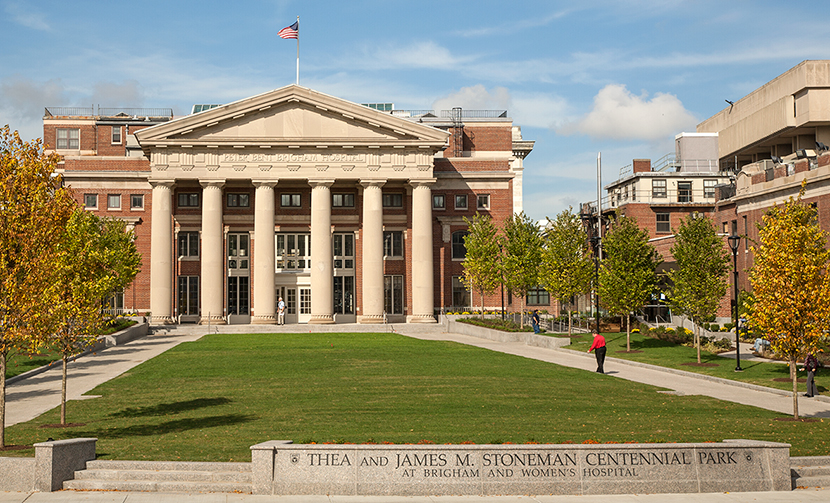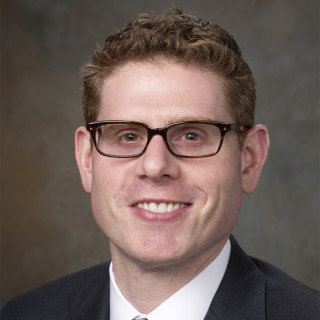Please join us in welcoming Mark J. Cunningham, MD, as a new faculty member in the Department of Surgery.

Mark J. Cunningham, MD
Associate Surgeon, Division of Thoracic and Cardiac Surgery
Dr. Cunningham graduated with a Bachelor of Science in aeronautical engineering from Embry-Riddle Aeronautical University and received his medical degree from the University of Miami School of Medicine. He completed residency training in general surgery at Boston University Boston Medical Center and a residency in cardiovascular and thoracic surgery at Keck School of Medicine of the University of Southern California. Prior to med school, he worked as an aerospace engineer in the Space Directorate at NASA Langley Research Center designing future space transportation systems.
He is board certified in general surgery and thoracic surgery. Dr. Cunningham is a member of various societies and professional institutions, including the American Association of Thoracic Surgeons (AATS), the Surgeons Society for Thoracic Surgeons (STS), the International Society of Minimally Invasive Cardiac Surgery (ISMICS), and the International Society for Heart and Lung Transplant (ISHLT).
Before joining the Brigham, Dr. Cunningham worked as attending staff at LAC+USC Medical Center, Huntington Memorial Hospital and the Keck Hospital of USC, where he served as the director of the Cardiac Surgery Heart Program. He was an associate professor of surgery in the Department of Surgery at the Keck School of Medicine, where he also served as director of the Mechanical Circulatory Support Program and surgical director of the Heart Transplant Program.
Dr. Cunningham’s research and clinical interests include ventricular assist devices, cardiopulmonary transplantation and minimally invasive cardiac surgery.


